Edinburgh start-up aims to solve fishmeal ingredients crisis by farming artemia using a modular, land-based system
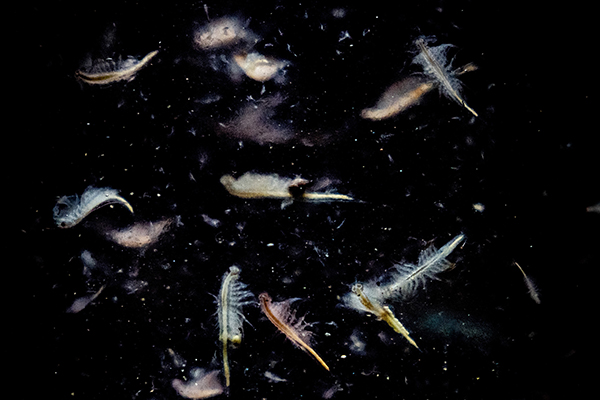
Aquaculture technology startup Aquanzo is working with CENSIS – Scotland’s innovation center for sensing, imaging and Internet of Things (IoT) technologies – to farm artemia, a species of brine shrimp widely considered to be the best source of protein available for feeding fish and crustacea. The Edinburgh company is developing a new modular farm system fuelled by food and beverage byproducts.
It’s anticipated that the project, funded by Innovate UK and the Biotechnology and Biological Sciences Research Council (BBSRC) and supported by Boortmalt, could help grow the global aquaculture sector by providing a “sustainable and decentralized alternative to producing a scarce fishmeal ingredient.”
“The Aquanzo system could help solve one of the biggest challenges aquaculture faces – applying cutting-edge technology to a longstanding problem,” said Corinne Critchlow-Watton, project manager at CENSIS. “The system will use an array of sensors to provide data on the environmental conditions within it and how the artemia are growing, such as water temperature and pH levels This project demonstrates how IoT and sensing technology can be used in a range of sectors to help solve what might have otherwise been considered a biological issue.”
Aquanzo’s modular recirculating aquaculture system (RAS), developed at Heriot-Watt University, enables artemia to be grown anywhere needed. It utilizes by-products from agricultural processes, initially malt production for the whisky industry. The water used in malt processing, rich in minerals and organic matter, is typically wasted but can now be used to cultivate brine shrimp.
Deployed on land near agricultural processing facilities so that there is no impact on the marine ecosystem, the Aquanzo RAS system is expected to reduce the amount of carbon dioxide created in the production of fishmeal by 20 percent compared with harvesting fish. All of the water will be re-used to further enhance its sustainability.
“It has been proven that fish prefer marine protein in their feed – studies have shown they eat much more if feed contains marine rather than plant-based protein,” said Rémi Gratacap, co-founder and CEO of Aquanzo. “The composition of their feed also influences how much they grow and their natural resistance to health challenges. The system we’re developing will give fish farmers long-term access to a sustainable source of marine protein, helping to continue aquaculture’s growth, enhance the health of their fish, make use of another industry’s waste and support aquaculture’s net-zero goals.”
With finite supplies of marine protein to harvest, one company opts to farm it
As part of the process and technical development, CENSIS engineers will collaborate with Aquanzo on the development of an IoT-enabled array of sensors and a “data lake” – essentially, a centralized repository for data – to help its production team collect, store and process data. The technology will help the company progress towards the development of a fully mobile recirculating system, which can be located wherever agricultural by-products are available and remotely monitor the welfare and growth of artemia.
“One of the biggest issues aquaculture faces is the sustainability of feed and the dependency on fisheries for fishmeal,” said Gratacap. “Farming, rather than harvesting, important components of feed like artemia is a better way of ensuring greater control and scale, and is similar to what is already being done with insect farms, only with marine ingredients.”
Now that you've reached the end of the article ...
… please consider supporting GSA’s mission to advance responsible seafood practices through education, advocacy and third-party assurances. The Advocate aims to document the evolution of responsible seafood practices and share the expansive knowledge of our vast network of contributors.
By becoming a Global Seafood Alliance member, you’re ensuring that all of the pre-competitive work we do through member benefits, resources and events can continue. Individual membership costs just $50 a year.
Not a GSA member? Join us.
Author
Tagged With
Related Posts
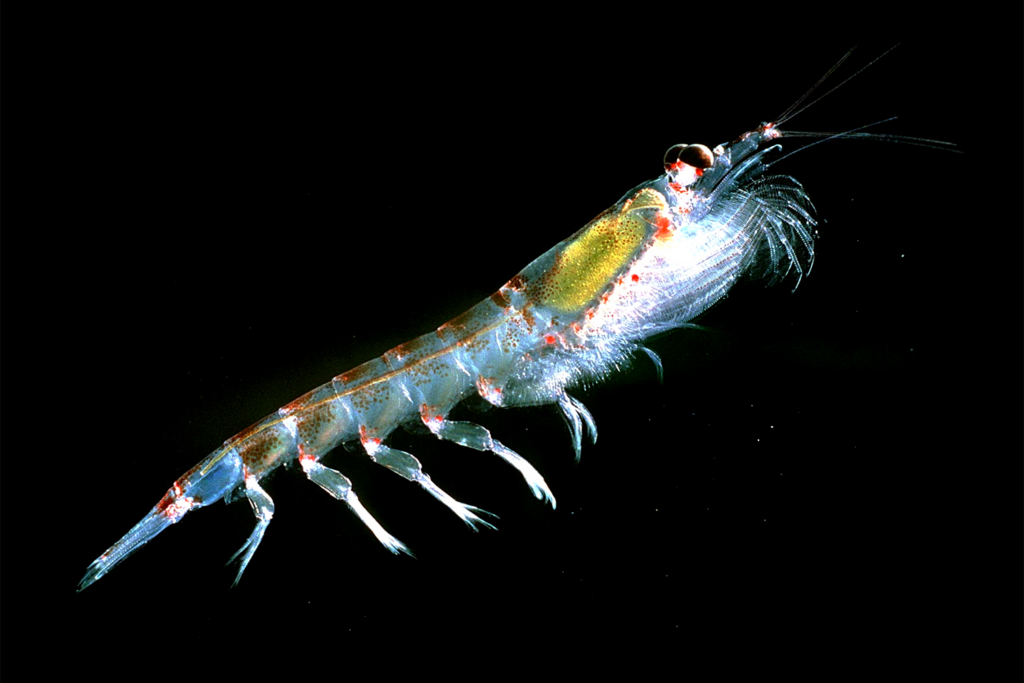
Aquafeeds
What aquafeed ingredients can substitute for krill meal? Research team develops a method to find out
“We now have the methodology to determine if an ingredient can replace krill meal in a plant-based diet,” said Dr. Rick Barrows, author of a recent study.
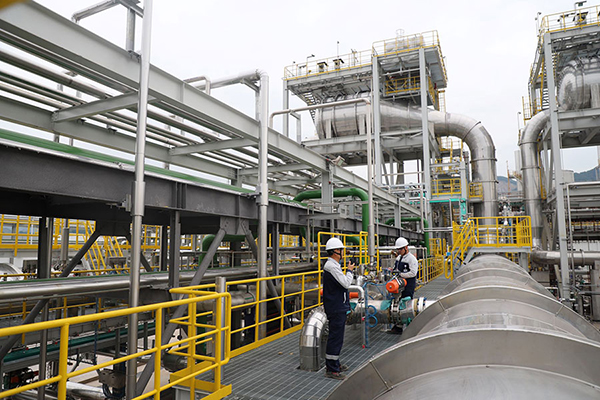
Aquafeeds
China approves the use of Calysta’s alternative protein in aquaculture feeds
Calysta has been approved by China’s Ministry of Agriculture and Rural Affairs to use its FeedKind® protein in fish and shrimp feeds.
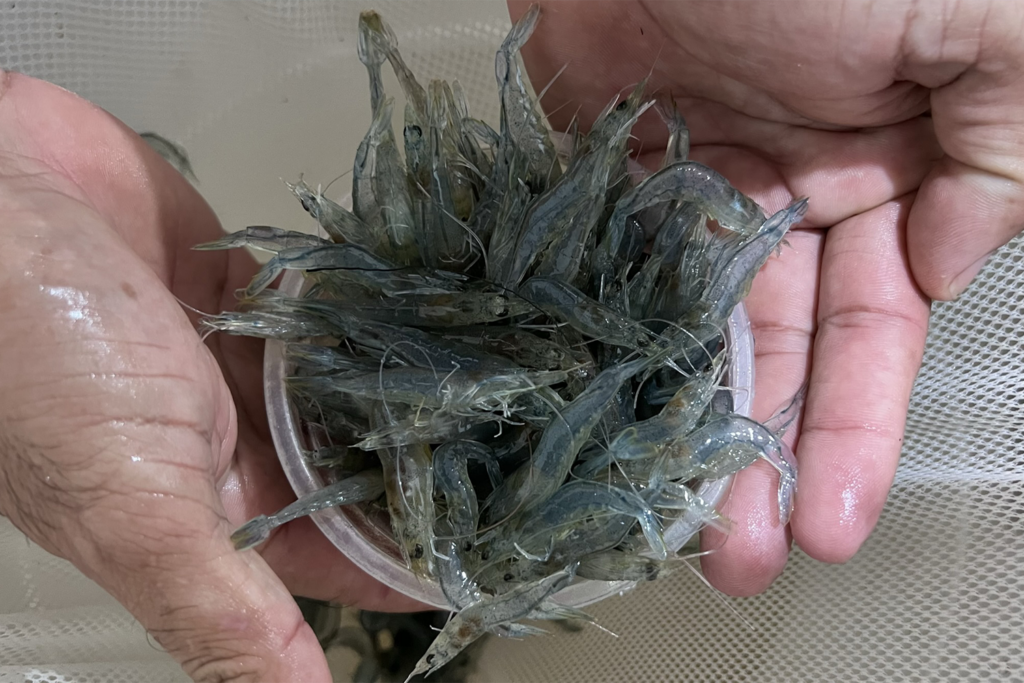
Aquafeeds
Black soldier fly larvae meal cost-effectively replaces fishmeal in Pacific white shrimp postlarvae nursery diets
Black soldier fly larvae meal can effectively replace fishmeal in shrimp diets if nutrient balance and price sensitivity are properly considered.
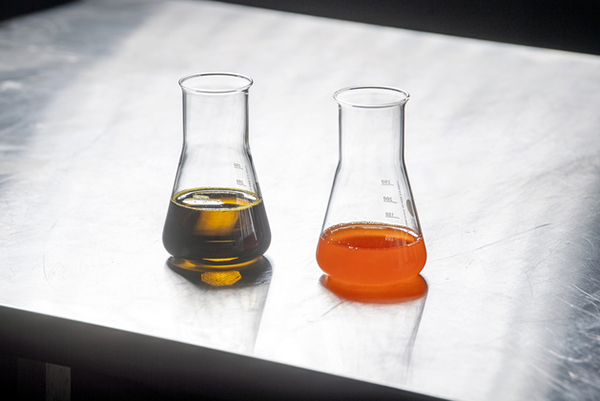
Aquafeeds
Novel omega-3-rich canola oil approved for salmon feed use in Norway
Novel omega-3-rich canola oil makes fish healthier and minimizes dark melanin spots in salmon fillets, Nofima scientists say.



